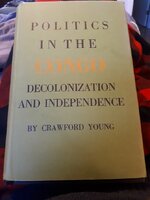I hate to confess, and no doubt I've been negligent, but I have not read Cohen, and know only one song.
If you ever do decide to check him out his catalogue is pretty varied. His first two poetry books are the most traditional and likely the closest to your writing style. The next two were from his time on Hydra and a little weirder. The two after that after he became a songwriter (Energy of Slaves and Death of a Lady's Man) which are my favorite of his early titles. Then there's Book of Mercy, a kind of religious work
Book of Longing was his last major work, and really the best one, imo. Lots of poems written when he was in a Zen Monastery in the 90s. If you were ever to buy something, this is likely the one. The Flame was published posthumously more as a money grab, but it's an interesting book.
To date he's the most interesting published poet I've come across topic wise, which is why I still like him so much. There are other great writers out there, but he was one of the more interesting personalities.



